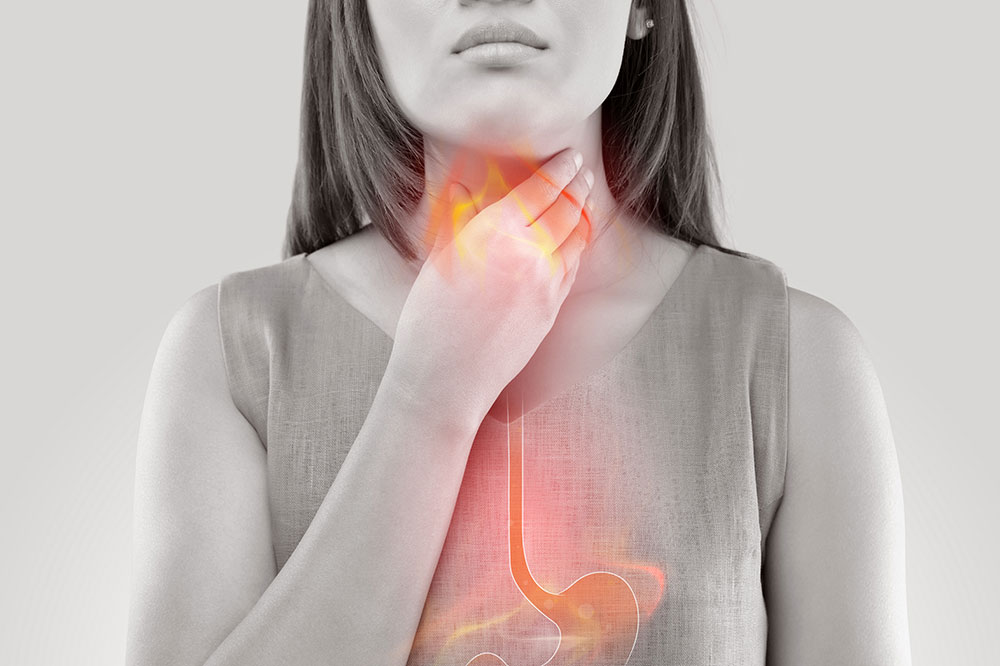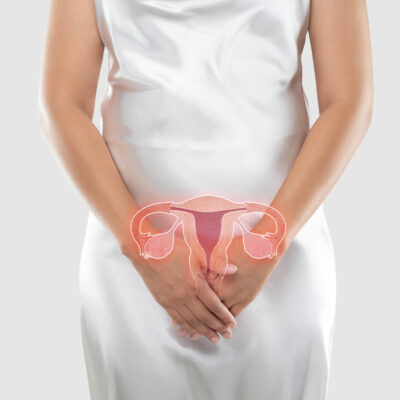
6 Major Causes of Acid Reflux
Acid reflux occurs when the acid in the stomach frequently goes back into the tube connecting the esophagus and the mouth. This backflow of acid can irritate the esophagus lining. Usually, people susceptible to acid reflux may experience it frequently. However, in most people with susceptibility, mild reflux might happen at least twice a week, whereas moderate to severe reflux might happen around once a week. However, what causes acid reflux?
1. Obesity
One of the key drivers behind GERD and acid reflux is obesity. It might also aggravate your risk of developing GERD-associated complications, such as Barett’s esophagus, a condition that involves pre-cancerous modifications in the esophageal cells. Please understand that it is central obesity, that is, the accumulation of fat around the abdomen, which aggravates your risk of acid reflux and not extra fat in general. Experts believe that abdominal fat increases the pressure on the stomach, which forces the stomach acid back into the esophagus. Hormones, too, have a role to play here. In overweight people, the circulating estrogen is higher, which is often associated with GERD symptoms. Further, reflux chances are more in postmenopausal women who are taking hormone therapy. To keep symptom flare-ups in check, you can consider losing weight by monitoring your diet and doing physical activity. You can even opt for bariatric surgery in extreme cases.
2. Hiatal hernia
Hiatal hernia is a condition when one of the stomach’s portions lies within the chest and not the abdomen. It influences the working of the lower esophageal sphincter and is a key risk factor for acid reflux. As such, a hiatal hernia does not cause any symptoms. When the lower esophageal sphincter fails, you experience acid reflux.
3. Medications
Certain medications, such as ibuprofen or aspirin, and medicines for blood pressure or specific sedatives, can aggravate the risk of acid reflux.
4. Smoking
Cigarettes have tobacco in them, which affects the functioning of the lower esophageal sphincter. It relaxes the stomach muscle and might trigger acid reflux.
5. Pregnancy
When you are pregnant, there is an added pressure on the stomach and the abdomen. This might heighten your likelihood of experiencing acid reflux.
6. Eating a giant meal and then lying down
When you consume a giant portion size, it can trigger acid reflux, and the situation will only aggravate further if you decide to lie down immediately after. When your stomach is full and you lie down, it is easier for the stomach’s acid to travel back to the esophagus. Moreover, big portion sizes open the esophageal barrier, which heightens the acid exposure. So, instead of eating three big meals, take five smaller meals around the day. Also, do not lie down for two to three hours after eating. If you are experiencing reflux symptoms despite this, you can consider raising your bed’s head a few inches.


